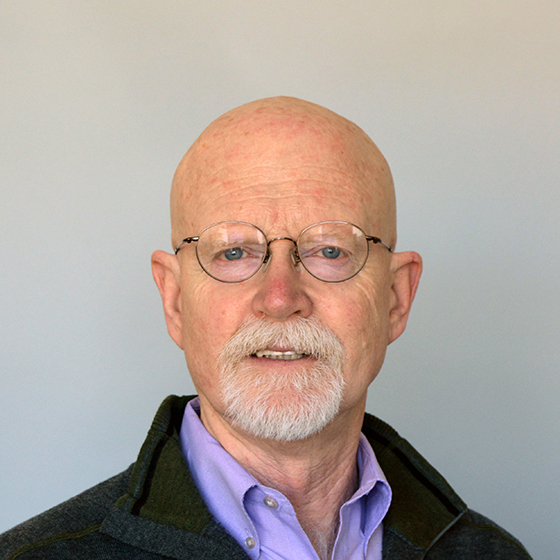06/06/2019
Seizure Treatment: Enhanced Access to Epilepsy Treatment at WDH
Q&A with Dr. Daniel Hoch

Epilepsy is the most common disorder of the brain, affecting people of all ages. People with epilepsy experience re-occurring seizures caused by abnormal bursts of electrical energy in the brain that disrupt the brain’s functions. Seizures can be overwhelming and scary, and their causes can be hard to pinpoint, but with effective epilepsy treatment and support, people with epilepsy can live full and healthy lives.
Through our affiliation with Massachusetts General Hospital, Wentworth-Douglass is pleased to offer patients on the Seacoast access to expert subspecialty care for epilepsy and related seizure disorders. Mass General Hospital Neurologist Daniel Hoch, MD, PhD, joined Wentworth-Douglass in 2017 to launch an Epilepsy Clinic at Wentworth Health Partners Coastal Neurology Services. This Clinic provides consultation, diagnosis, testing and EEG monitoring, and disease management to improve the lives and health of patients experiencing seizures. Here Dr. Hoch shares some of his expertise about epilepsy and how the partnership with Mass General is enhancing the seizure treatment and care available in our community.
Q . How is epilepsy diagnosed?
Dr. Dan Hoch: Unfortunately, there is no specific test we can use to diagnose epilepsy. The best diagnosis comes from getting a detailed personal history. Often, the most critical thing you need is a witness who can provide the best possible description of what happens to the person suffering the seizure. Epilepsy symptoms can be amazingly varied – it all depends on what part of the brain is being affected. Some people experience warning signs before a seizure; some have no warning at all. A witness’s description can help us get the best picture of a seizure in order to make a diagnosis.
Q . How does having access to specialized care for epilepsy benefit patients?
DH: Seeing a physician who specializes in epilepsy can be beneficial in a couple ways. The first is in making a diagnosis. An epilepsy specialist talks to seizure patients every day. The more patient histories you hear, the more sensitized you are to their symptoms and whether their seizures may be caused by epilepsy or something else.
Then there’s an additional benefit when it comes time to expand on the diagnosis and look for what’s causing the seizures. The clinical affiliation between Mass General and Wentworth-Douglass opens the door to various testing and technology not available here at WDH. For instance, we can take people down to Boston for long-term, inpatient EEG monitoring. Right now, that’s only available at Mass General, although we are hoping to provide a similar service at WDH in the future. Additionally, Mass General has additional imaging technology such as specialized MRI sequences designed to show seizure related abnormalities in the brain. Some of this technology is not even available at other academic medical centers.
Finally, Coastal Neurology Services has very talented general neurologists, including Dr. Samhitha Rai who has specialized training in epilepsy. Through her work in our Epilepsy Clinic, she can maintain her sub-specialty focus in epilepsy even while practicing as a general neurologist.
Q . Are there promising new treatments available or on the horizon for patients with epilepsy?
One of the newest treatment options are neuro stimulators. They have only been commercially available for a few years, but Mass General has been using them for close to 10 years during the clinical testing. In the case of responsive neurostimulators, if we can figure out where the seizure starts in the brain, electrodes can be put in that area to sense abnormal electrical activity and disrupt the seizure before it spreads. This treatment requires a real team effort including neurologists, neurosurgeons, neuroradiologists and behavioral health experts in addition to specialists, like me, who program the stimulator devices. Deep brain stimulation is another approach that is now available for epilepsy. These stimulators are implanted deep in the brain to deliver small regular electrical pulses that have been shown to stop or lessen the number of seizures in some people.
We are also involved in the development of new potential treatments through clinical trials, including immunodulatory treatments targeting patients’ immune systems. My colleagues in pediatric epilepsy are also looking at various therapies related to diet, so we also have that expertise available to use.
For more information about Wentworth-Douglass Hospital’s Epilepsy Clinic, call Wentworth Health Partners Coastal Neurology Services at (603) 749-0913.